02 Aug
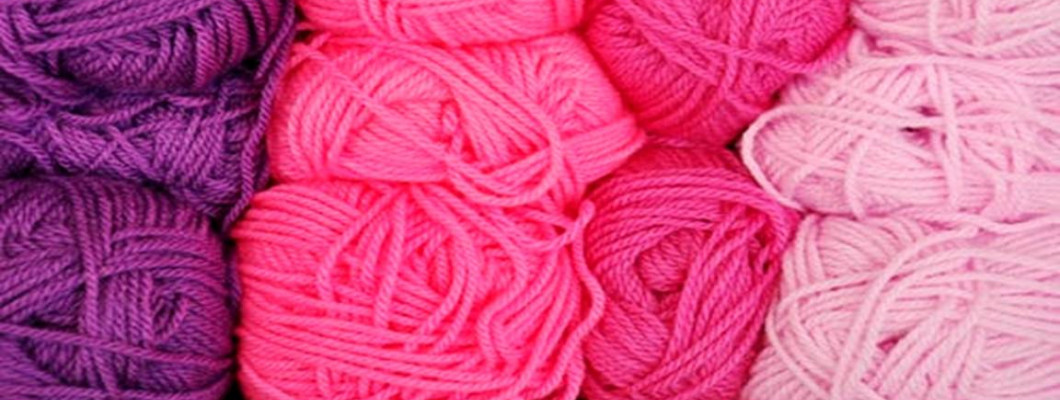

Today, we are going to take a special journey through all the commonly used and recommended threads for you! Just like fabrics, threads too come in various colors, textures and sizes.
You need to ensure that you are picking the right thread for your embroidery project so that it ends up how you want it to! Before we dive into the world of different threads, there are a few things that need to be discussed and checked before buying a thread.
What to consider before buying a thread?
There are a few little questions that you should ask yourself before purchasing any sort of thread.
- What sort of fabric am I embroidering on?
- Is my fabric stiff, stretchy or flexible?
- What type of thread is my machine compatible with?
Now, it is our time to answer your queries.
- All threads always have two numbers on it. The first number reads the weight of the thread and the second reads the strands that it consists. Here’s an example: 90/2 where 90 is the weight and 2 is the number of strands that the thread has.
- For light or delicate fabrics/materials, use finer threads (60 or 60+).
- For heavy or stiff fabrics/materials, use thicker threads.
- You can check if your machine is compatible with the thread’s strands by learning more about your machine in the instructions manual or online.
- We are done with the points of consideration.
It is time to talk about threads!
Diverse Threads to choose from!
Rayon:

Rayon is the most commonly used thread in the embroidery industry as it is effortless to find and very low-priced. This thread has a high reflective sheen look which attracts many embroiderers to it. Although, Rayon is cheap and easy to find, it can bleed if not washed with care. It is weak and colorfast but is still one of the most commonly used threads in the industry for its versatility.
Pros
- Versatile
- Commonly Used
- Easy To Find
- Inexpensive
- High Reflective Sheen Look
Cons
- Colorfast
- Weak
- Needs Washing Care
Polyester:

Polyester is also a common choice for embroidery because of its durability. It is resistant to color-fading, fraying, stretching or shrinking. They do not have a high reflective sheen like Rayon but, still gives off a shiny look. Polyester is an attractive option as it does not fade even when it frequently comes in contact with bleach or detergents. For materials that need a frequent washing, polyester does the job really well.
Pros
- Durable
- Easy To Find
- Does Not Fray, Stretch or Shrink
- Resistant to Color-Fading
- Best For Outdoor Wear
Cons
- Abrasive
- Expensive
- May Give Off An Unattractive Sheen
BUY THE BEST POLYESTER THREAD NOW
Cotton:

Cotton threads are less common and more fragile but not any less useful than other threads! They are fine threads which work great on finer materials or fabrics. Cotton can be a little complicated for beginners because of its fragility. These threads give off a flat matte finish unlike Rayon or Polyester. If you like to stay away from gloss, then Cotton threads might be for you!
Pros
- Finer Thread
- Flat Matte Finish
- Very Useful
- Works Great On Finer Fabrics
Cons
- Fragile
- Breaks Easily
- Complicated for Beginners
- Less Common For Embroidery
Silk:

Silk threads are perfect for delicate and luxurious types of fabrics (like satin or silk). It is in no way a flimsy thread because it holds up as well as a Polyester thread! It has an incredible luxurious sheen look. Silk threads however, are hard to find and really costly.
Pros
- Luxurious Thread
- Very Strong
- Incredible Sheen Look
- Perfect for Delicate & Luxurious Fabrics
- Durable
Cons
- Expensive
- Hard To Find
Wool:

Wool threads are the go-to threads for heavy and hefty fabrics or materials. It does not lie on the ‘very popular’ side of threads but it works really well on heavy and stiff fabrics. Wool threads come in a very big variety of sizes as well that you can use for tapestries or furnishings. For crewel embroidery, wool threads are the boss.
Pros
- Durable
- Variance in Sizes
- Strong
- Heavy
- Works Great On Hefty Fabrics
- Best For Crewel Embroidery
Cons
- Less Popular
- Scratchy
- Uncomfortable Against Skin
Other less common types of threads:
Special effects threads (like glow in the dark), Metallic or Mylar threads are less commonly used because they need extra attention or special sorts of needles.
Conclusion:
There is now a huge variety of threads that you can choose from, which means there are threads that are going to fit your embroidery needs and your wants.
You now know everything that you need to know before buying threads. Take our advice and understand that you are going to make a lot of mistakes in the beginning.
There’s nothing wrong with making mistakes and only your mistakes can bring you to a point where you will produce fine quality embroidery projects!
Have Fun Sewing & Embroidering!

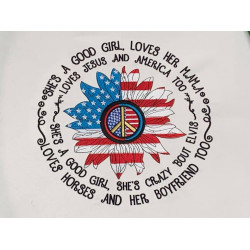

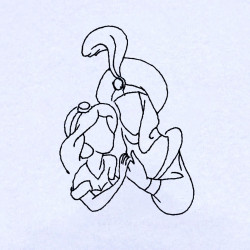
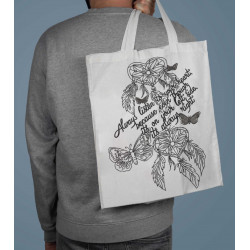
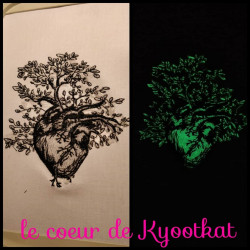
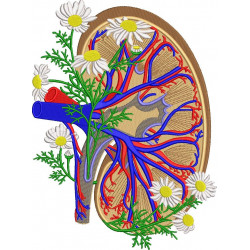
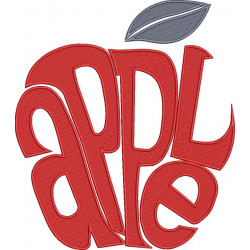
-250x250.jpg)
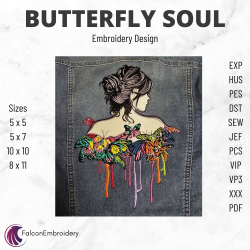
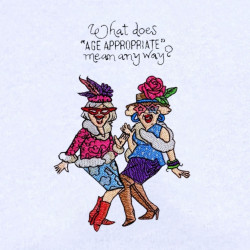
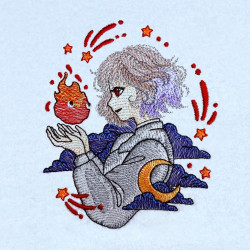
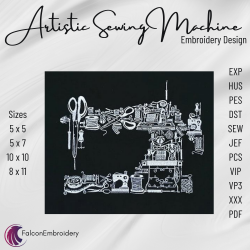
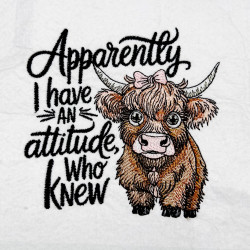
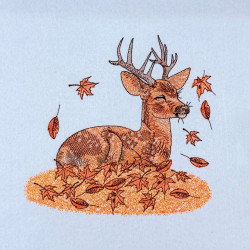
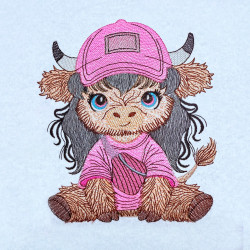
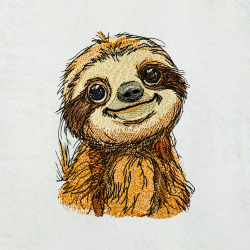
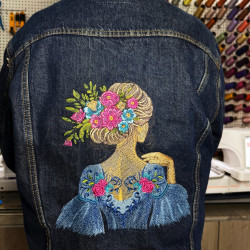
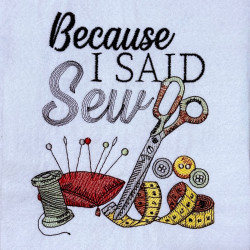
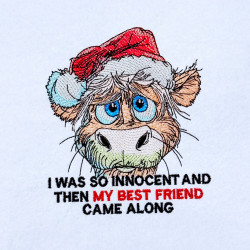
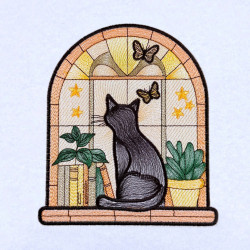
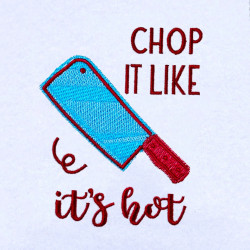
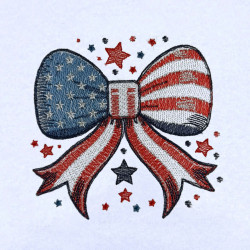
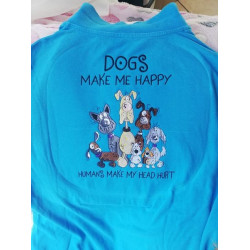
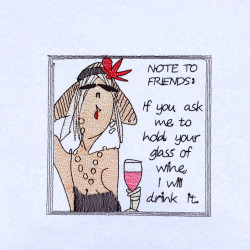
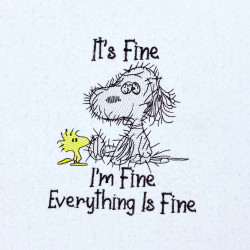
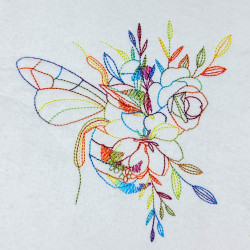
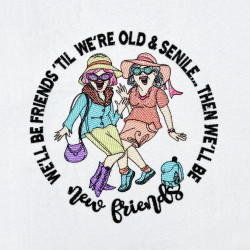


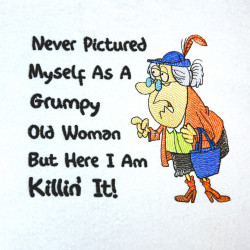
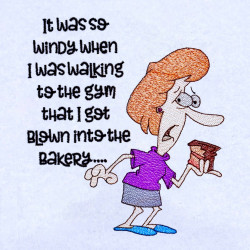
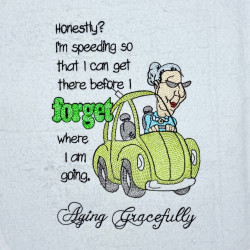
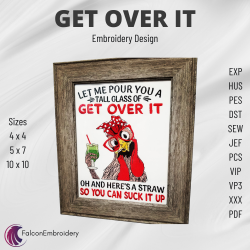
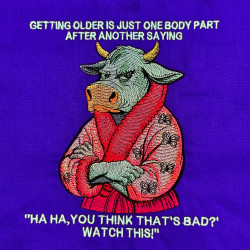
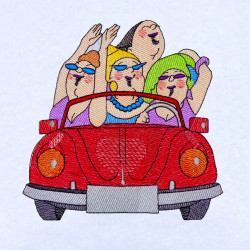
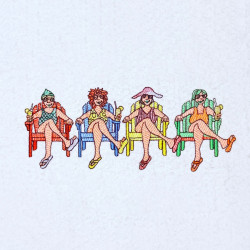
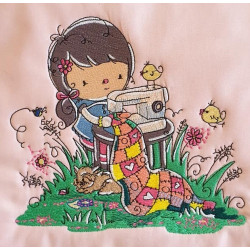
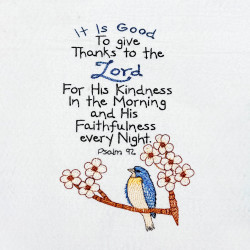
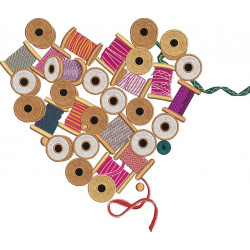
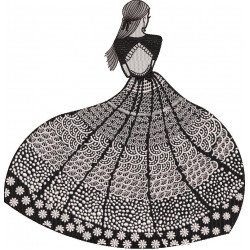
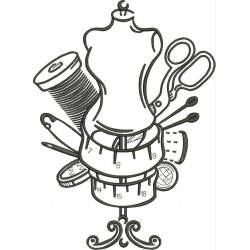
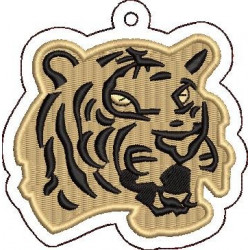
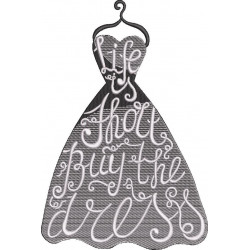
Leave a Comment